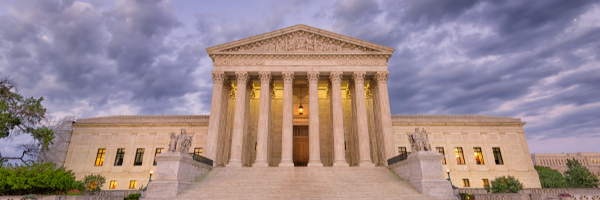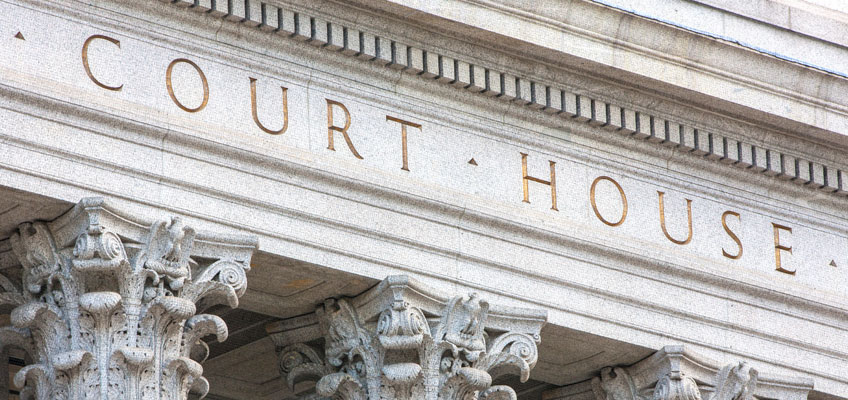Tag: loan forgiveness
-
U.S. Supreme Court announces it will hear arguments on Biden administration’s student loan forgiveness plan

The U.S. Supreme Court on December 1 said it will hear oral arguments in a lawsuit filed by six states over the Biden administration’s plan to forgive up to $20,000 of federal student loan debt per borrower in February. The announcement came after Solicitor General Elizabeth Prelogar asked the court on November 18 to lift…
-
Appeals court extends block of Biden administration’s student loan forgiveness plan

The U.S. Court of Appeals for the Eighth Circuit on November 14 extended its pause on the Biden administration’s plan to forgive up to $20,000 of federal student loan debt per borrower. The court initially blocked the plan on Oct. 21, and forgiveness will remain frozen until the court reviews an appeal from six states suing…
-
Appeals court temporarily blocks Biden administration’s student loan forgiveness plan

The U.S. Court of Appeals for the Eighth Circuit on Oct. 21 temporarily blocked the Biden administration’s plan to forgive up to $20,000 of federal student loan debt per borrower. The forgiveness will remain frozen until the court reviews an appeal from six states suing the administration. The states allege the executive branch does not have…
-
Trial held in six-state lawsuit against Biden administration student loan forgiveness

James Campbell, a lawyer from the Nebraska Attorney General’s office, represented six states in a trial on October 12 to block the Biden administration’s plan to forgive up to $20,000 of federal student loan debt in the United States District Court for the Eastern District of Missouri. Campbell argued that the administration’s proposal would harm…

